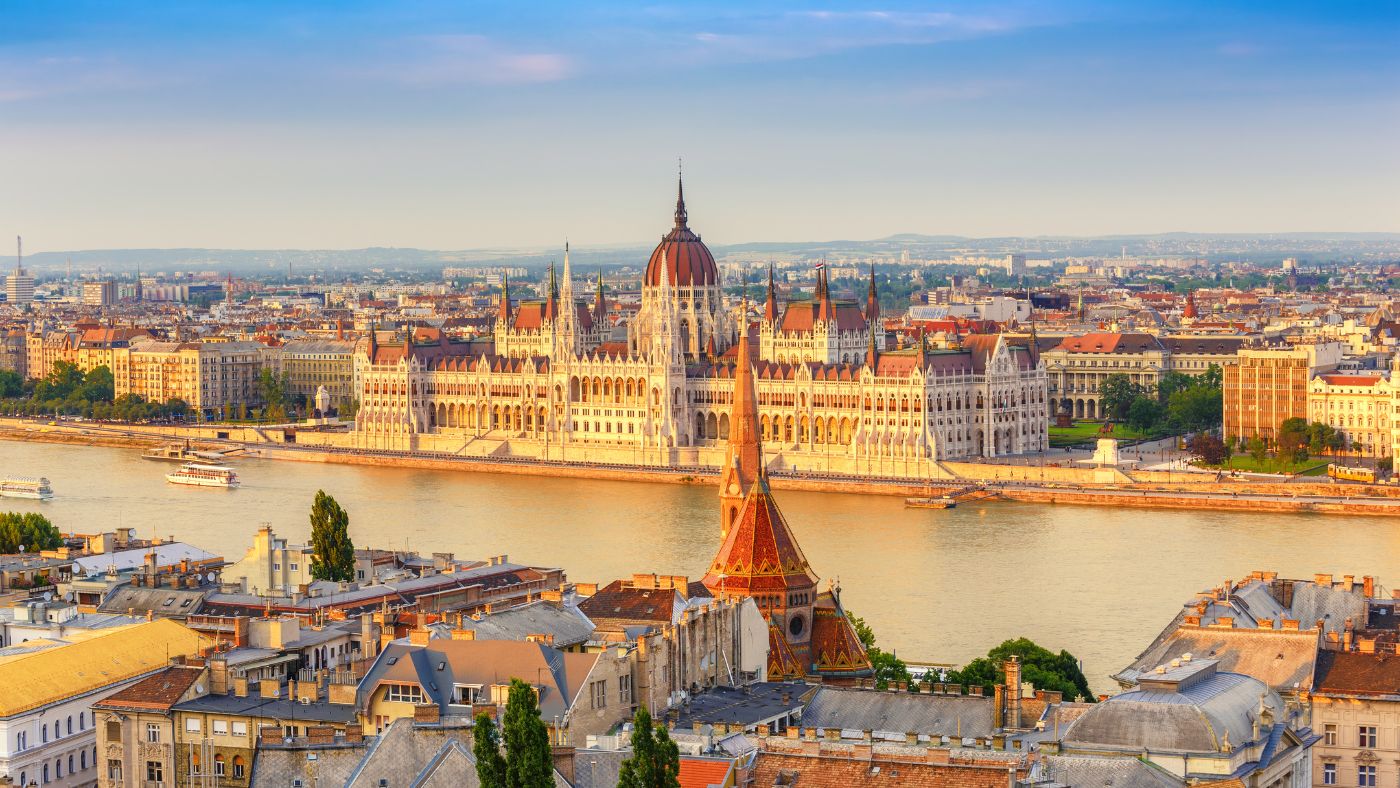The Budapest Ferihegy Airport (BUD) is serviced by major airlines such as Lufthansa and British Airways, as well as many low-cost carriers such as EasyJet and RyanAir. It is well-connected to downtown Budapest by public transportation, or easily reached by taxi.
Budapest Public Transportation (BKV) operates buses, trolleybuses, trams and underground trains in the Budapest. Tickets must be purchased in advance and validated for travel. The city also has a night bus service and a suburban railway (HEV). Day passes and season tickets are available.
You can travel to many cities within Hungary using the train system, which is operated by MAV. Taking intercity trains is the fastest way to travel to/from Budapest from the following cities: Bekescsaba, Debrecen, Dombovar, Gyor, Gula, Hajduszoboszlo, Kaposvar, Kecskemet, Miskolc, Nyiregyhaza, Pecs, Sopron, Szeged, Szolnok, and Szombathely.
In all Hungarian train stations a yellow board indicates departures (indul) and a white board shows arrivals (érkezik). Express trains are indicated in red, local trains in black. In some stations, large black-and-white schedules are plastered all over the walls. To locate the table you need, first find the posted railway map of the country, which indexes the route numbers at the top of the schedules.


